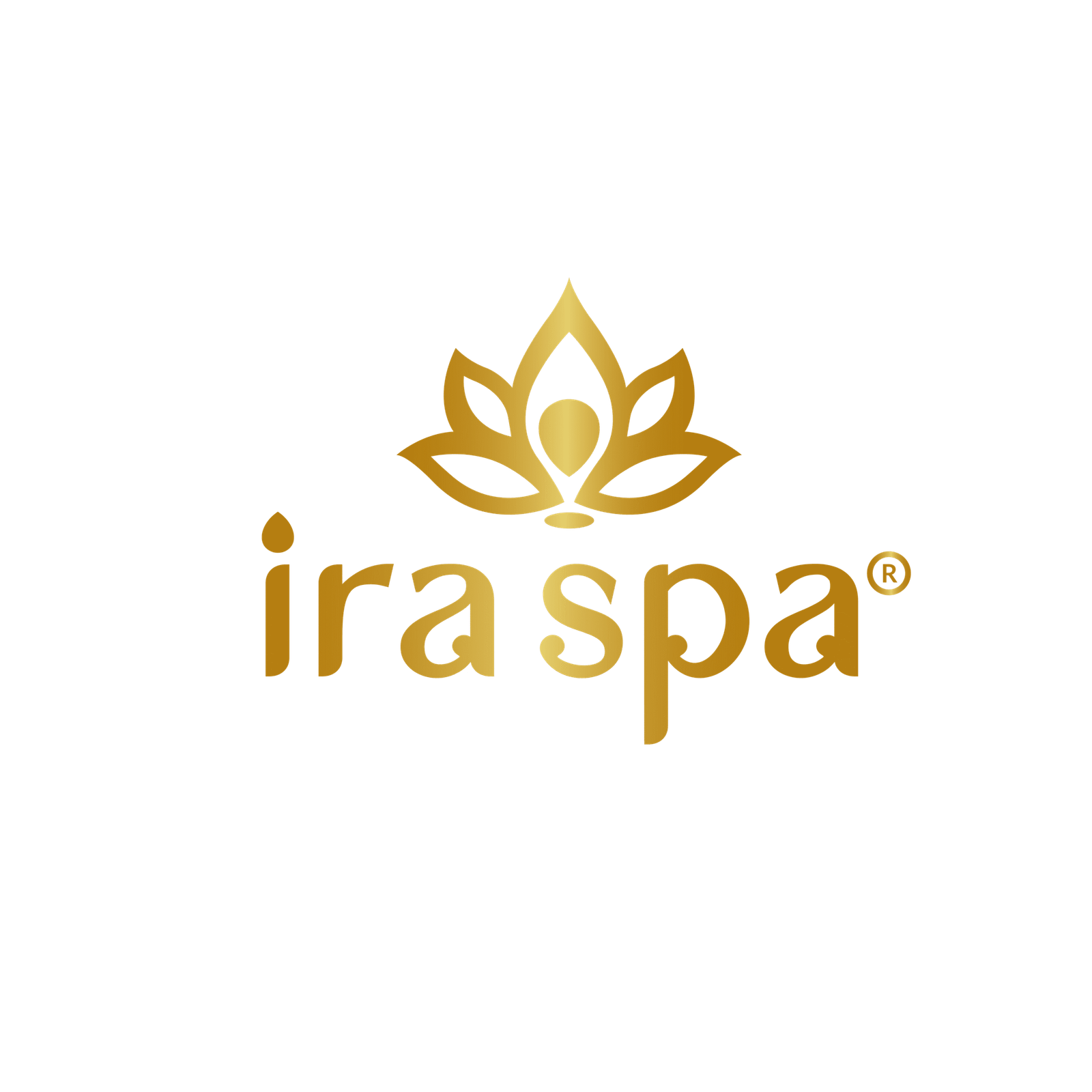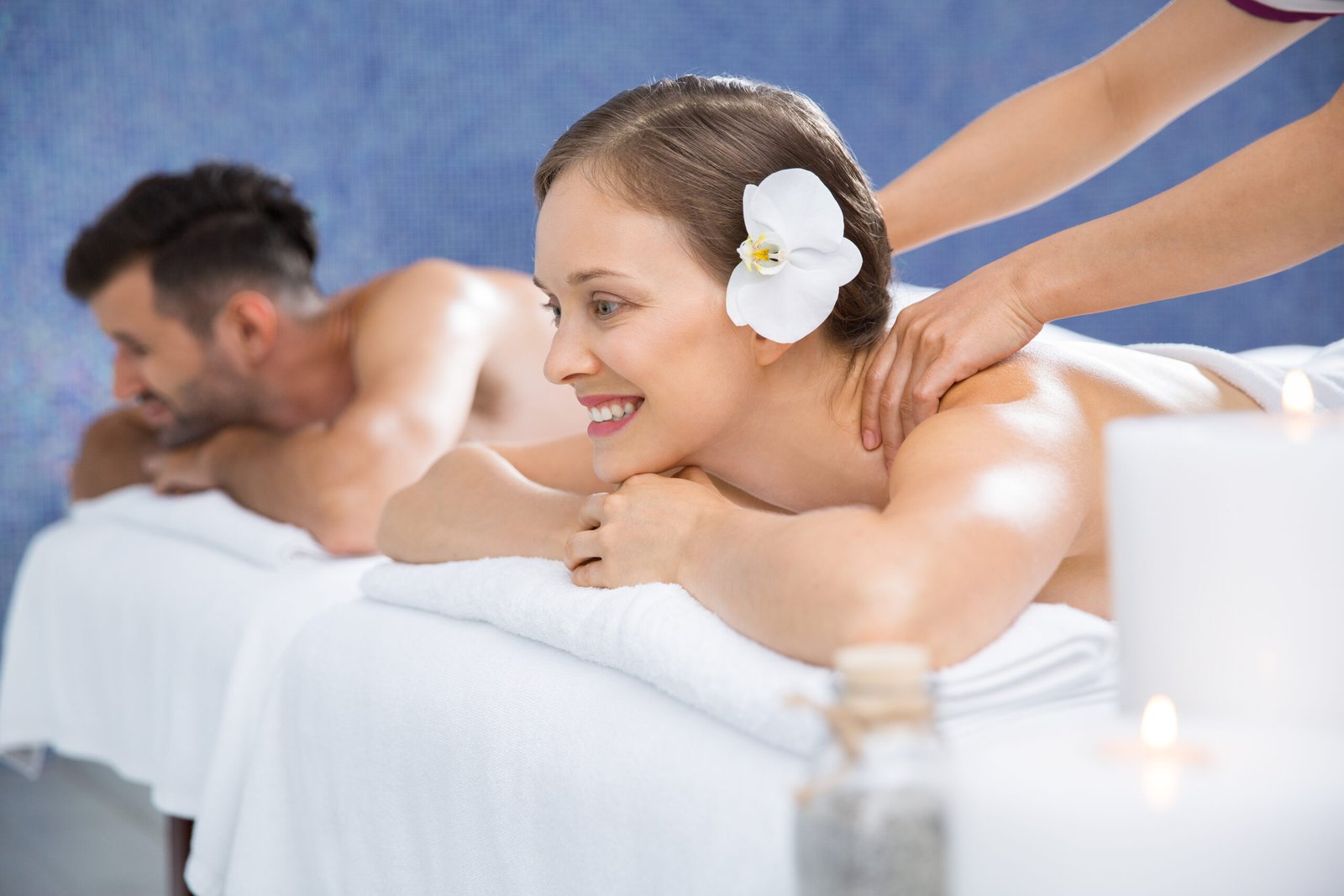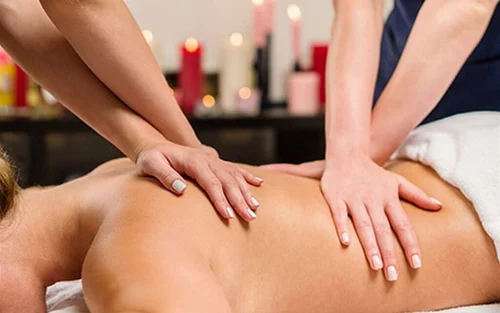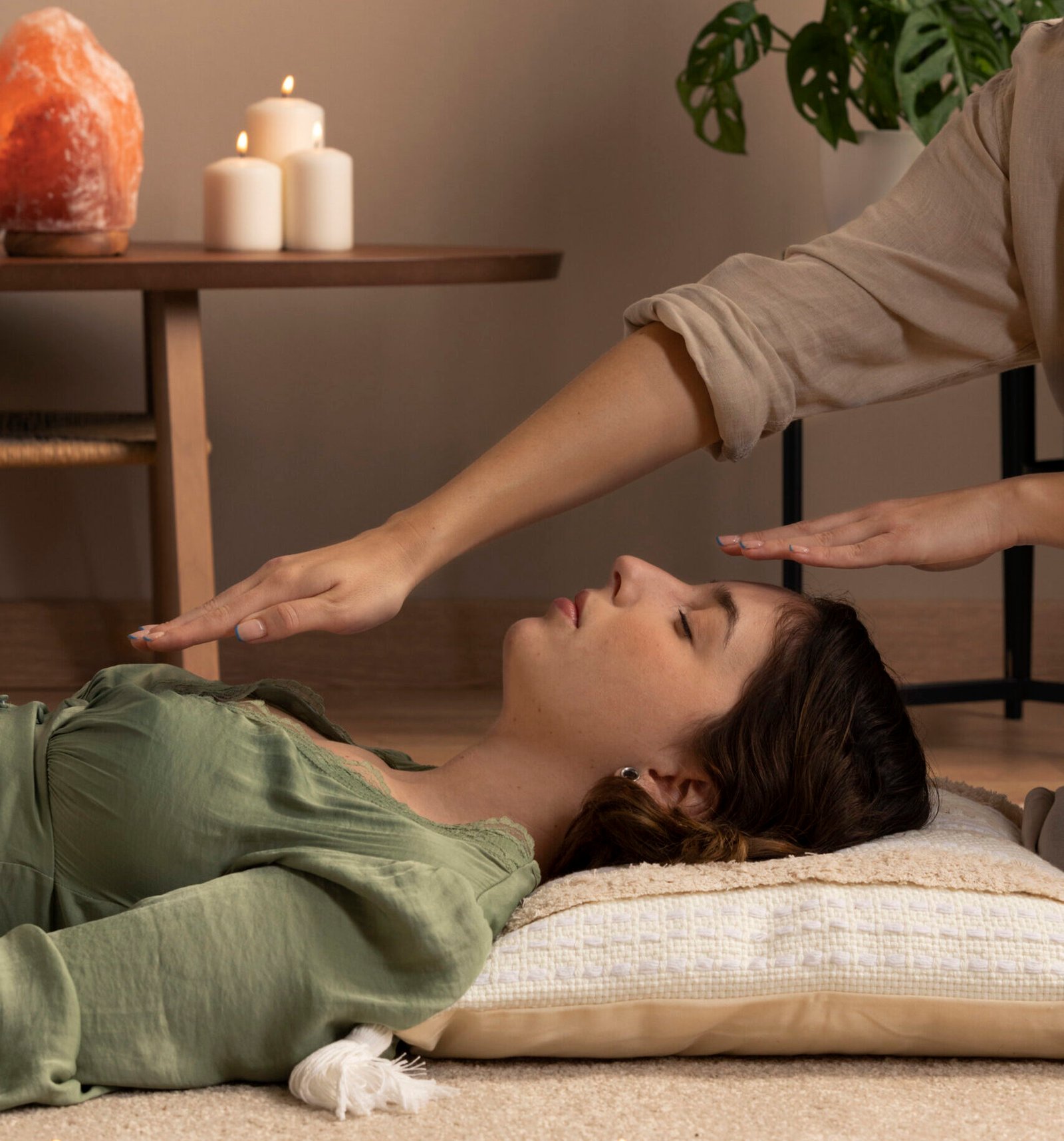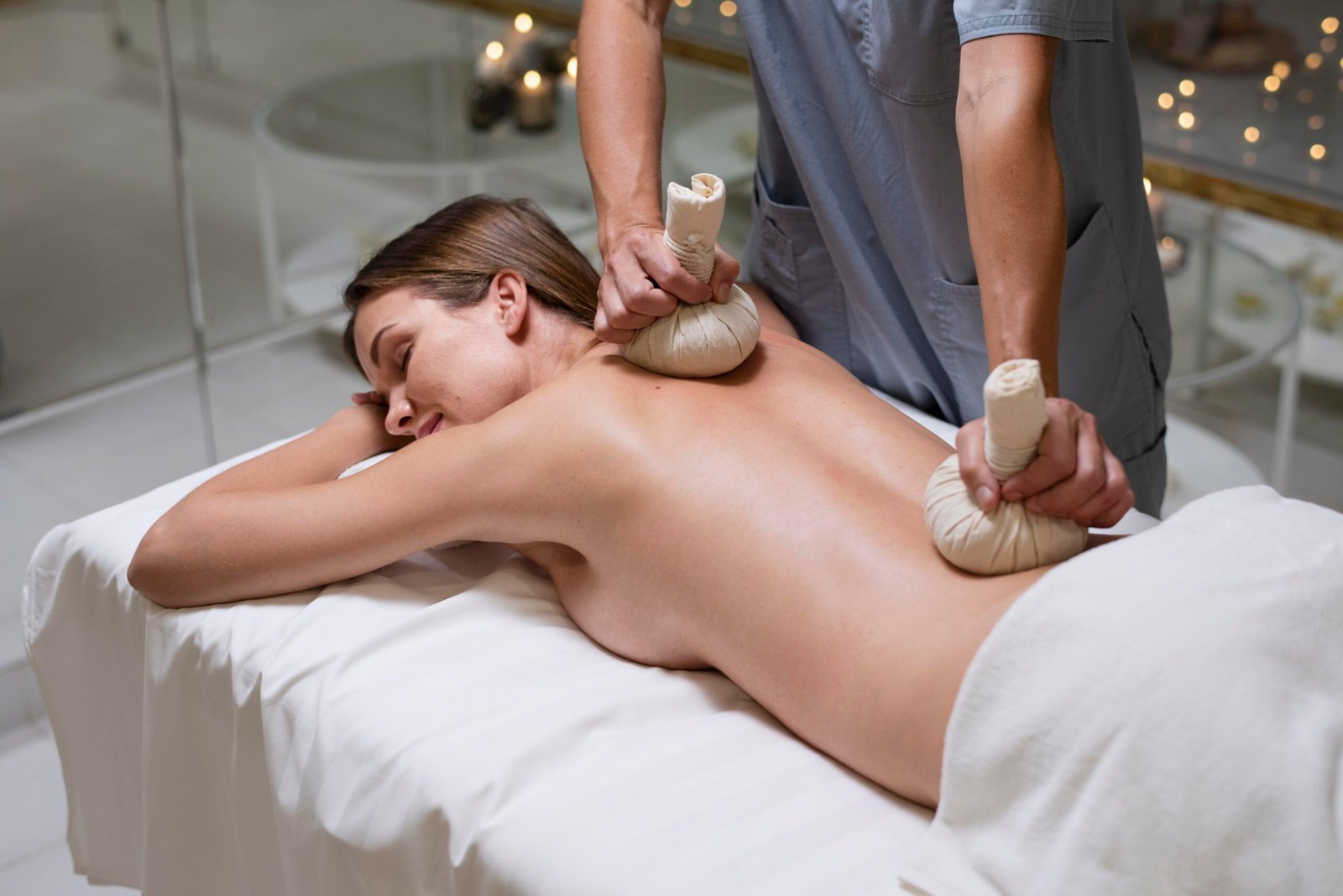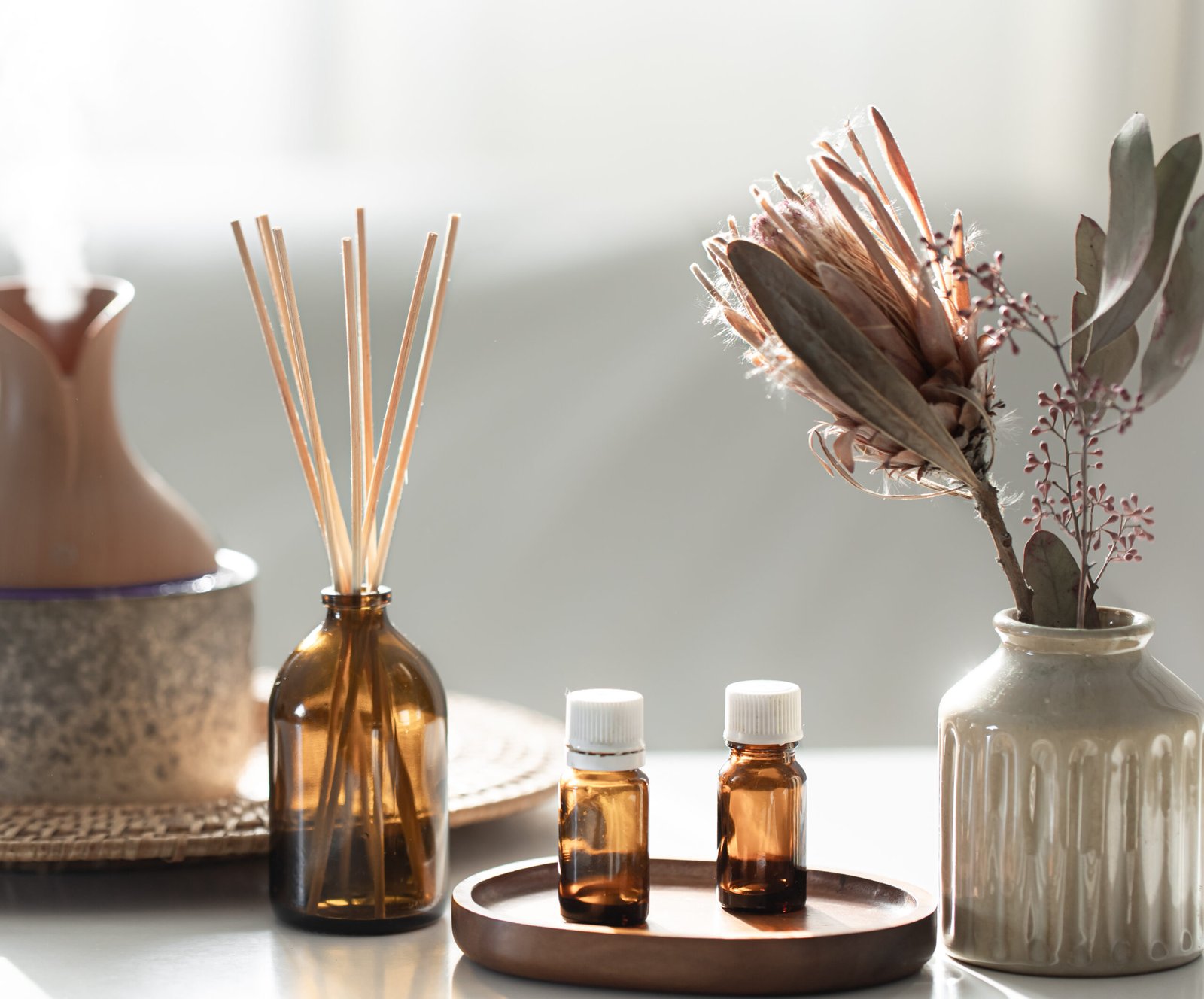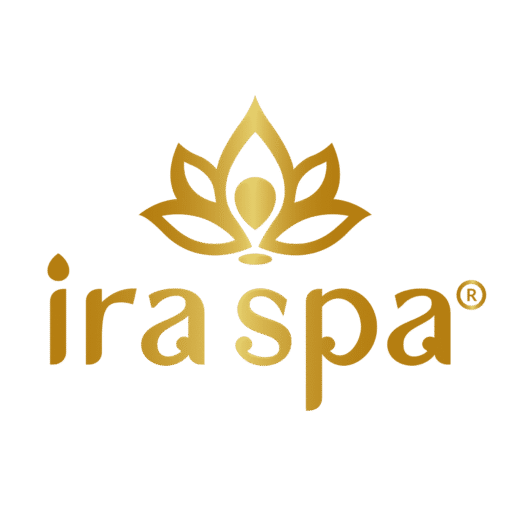Table of contents
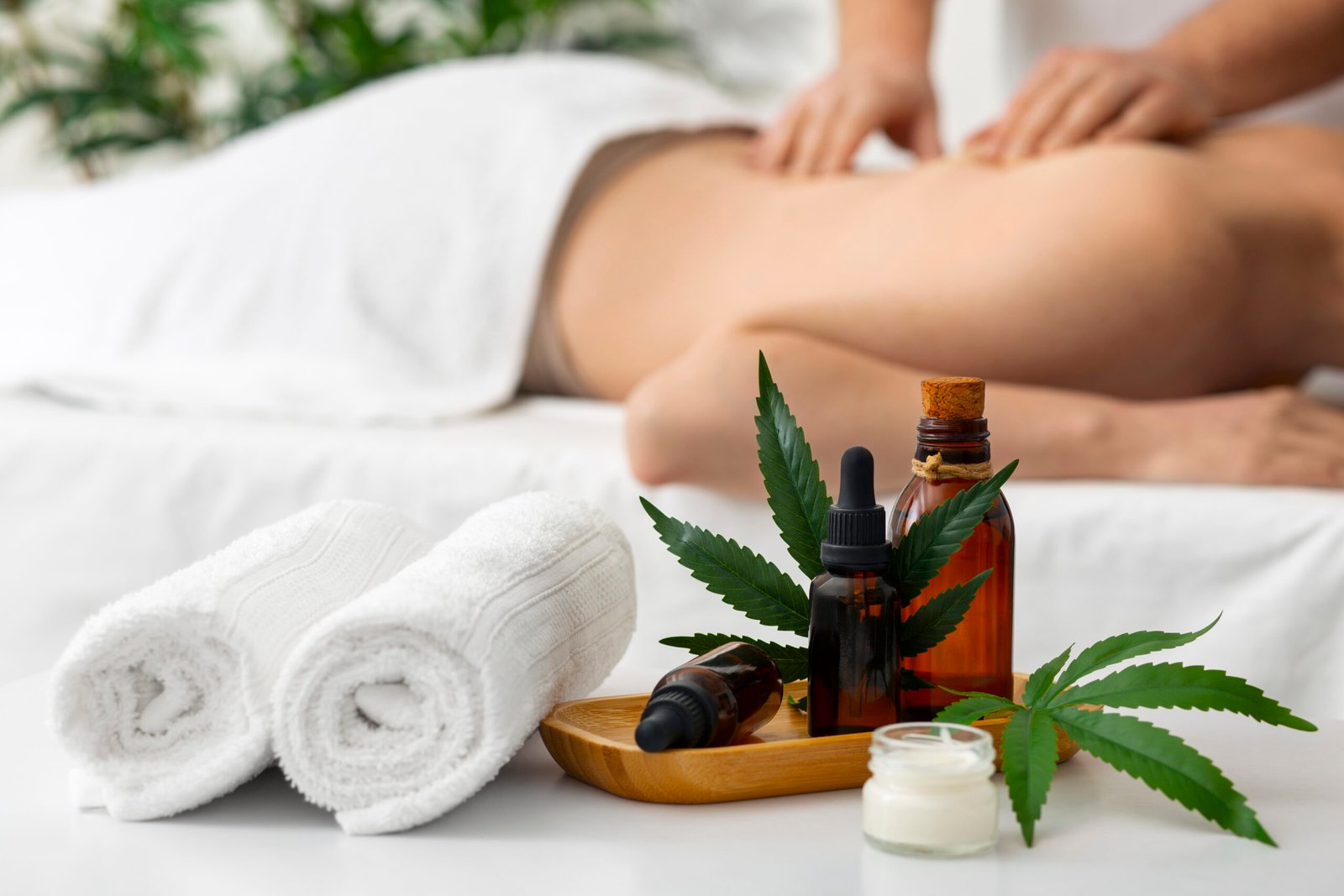
In the contemporary pursuit of holistic well-being, herbal therapy has emerged as a cornerstone in spa and wellness practices. Rooted in ancient traditions and supported by modern research, the use of herbs in therapeutic settings offers a myriad of benefits for physical, mental, and emotional health.This article delves into the multifaceted benefits of herbal spa treatments, particularly within spa environments, and provides insights into selecting appropriate herbal treatments for individual needs.
1. Benefits of Using Herbal Oils in Massage Therapy
Essential oils in herbal treatments have been integral to massage therapy for centuries, offering a natural means to enhance physical and mental well-being. Incorporating essential oils in herbal treatment like lavender, peppermint, eucalyptus, and rosemary into massage sessions can significantly amplify therapeutic outcomes.
Lavender oil is renowned for its calming properties, aiding in stress reduction and promoting restful sleep.Just like full-body massages, targeted Foot Spa Treatments using peppermint or eucalyptus oils can relieve tension and stimulate nerve endings Eucalyptus oil is often used for its anti-inflammatory and decongestant effects, benefiting respiratory health. Rosemary oil stimulates circulation and can help in relieving muscle soreness.
Herbs that promote relaxation and sleep quality can be especially helpful for individuals dealing with insomnia.
2. The Role of Healing Herbs in Modern Spa Rituals
Modern skin irritations and promoting relaxation.
- Peppermint: Known for its invigorating scent and cooling effect, peppermint enhances circulation and provides relief from muscular discomfort.
Lavender: Beyond its calming aroma, lavender aids in skin regeneration and has antiseptic qualities beneficial for various skin conditions.
These herbs are often incorporated into spa treatments to create a multisensory experience that nurtures both the body and mind. For instance, herbal baths infused with these botanicals can detoxify the body, moisturize the skin, and provide a meditative ambiance. Facials and body wraps utilizing herbal extracts can address specific skin concerns while promoting overall well-being.
3. How to Choose the Right Herbs for Your Next Spa Visit
Rituals have embraced the integration of healing herbs to augment the therapeutic experience. Herbal facials and herbal wraps utilizing herbal extracts can address specific skin concerns while promoting overall well-being..
- Chamomile: Utilized for its anti-inflammatory and calming properties, chamomile is effective in soothing
Selecting the appropriate herbs for spa treatments requires consideration of individual health needs and desired outcomes. Here are some guidelines:
- For Stress Relief: Opt for treatments incorporating lavender or lemon balm, known for their calming effects.
- For Muscle Tension: Choose therapies that use peppermint or eucalyptus to alleviate muscular discomfort.
- For Skin Health: Herbs like chamomile, calendula, and aloe vera are ideal. They are often included in facials or wraps for their soothing, hydrating, and anti-inflammatory properties, which help treat conditions such as dryness, acne, and irritation.
Before your spa appointment, discuss your health needs with a therapist who can guide you in selecting the most effective herbal treatments. Also, mention any allergies or sensitivities, as even natural ingredients can cause reactions in sensitive individuals.
Consulting with spa professionals about specific concerns can further tailor the experience to individual needs. They can provide insights into which herbal treatments align best with your health goals and preferences. Additionally, considering any allergies or sensitivities to certain herbs is crucial to ensure a safe and beneficial spa experience.
4. Herbal Remedies Used in Luxury Spa Treatments
Clients seek out luxury spa services like hydrotherapy and Body Polishing Spa for a complete holistic experience.. These may include:
- Herbal Poultice Massages: Utilizing heated herbal compresses to relieve muscle tension and improve circulation.
- Herbal Body Wraps:Herbal wraps in luxury spas may use blends like seaweed, ashwagandha, or mustard to tone the skin, stimulate lymphatic drainage, and support detoxification..
- “Herbal steam therapy: This treatment involves inhaling steam infused with herbs like rosemary, eucalyptus, or chamomile. It’s especially beneficial for respiratory relief, skin detoxification, and deep relaxation.
- Facial Steams with Herbs: Facial steams using herbs such as rosemary, lavender, and thyme help open pores, cleanse deeply, and prepare the skin for further nourishment. Some luxury spas also offer herbal-infused hydrotherapy, where guests soak in water enriched with therapeutic herbs to support immune function and calm the nervous system.
These treatments not only provide relaxation but also contribute to improved physical health and skin vitality. The use of high-quality, natural ingredients in luxury spa treatments reflects a commitment to holistic wellness and offers clients a rejuvenating experience that nurtures both body and mind.
Conclusion
Herbal therapy is a natural and effective way to support overall health and well-being. Whether through massage oils, spa treatments, or healing herbs, these therapies offer relaxation, pain relief, and skin care benefits. As more people look for holistic and natural health options, herbal spa treatments provide a calming and healing experience that fits modern wellness needs. Choosing the right herbs can enhance your next spa visit and help you feel better, inside and out.
Moreover, as consumer demand shifts toward sustainable, organic, and eco-conscious health solutions, herbal therapy aligns seamlessly with these values. From a wellness industry perspective, integrating herbal therapies into spa services not only enhances client satisfaction but also differentiates offerings in an increasingly competitive market.

